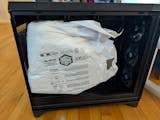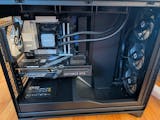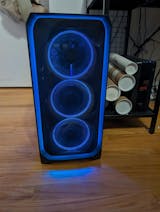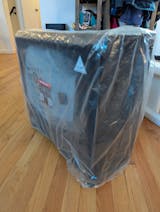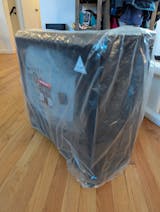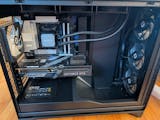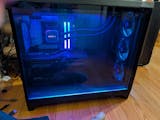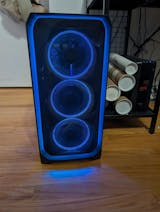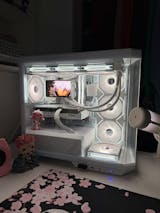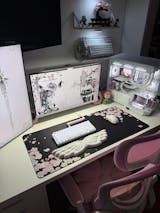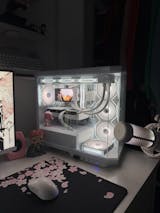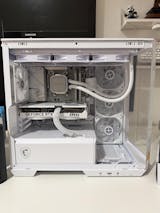What's the difference between a server and a PC?" is a question that many people ask themselves when they are trying to learn about technology. Personal computers (PCs) and servers may look a lot alike, but they are used for very different things. Let's break it down.
What Is a PC?
A PC, or personal computer, is a computer that one person can use. Most people have one at home or at work and use it to do things like surf the web, run software, play games, or stream. PCs are made to be very flexible and easy to use. They come in many shapes and sizes, such as PCs, laptops, and even game rigs.
What Is a Server?
A server is a special kind of computer that is meant to handle network tools and help other computers, which are often called "clients." Servers are the most important part of many IT systems. They run websites, handle email, store files, and even support large-scale business apps. Servers, on the other hand, care more about being reliable, scalable, and fast when they have a lot of work to do.
Key Differences Between a Server and a PC
To help you understand how servers and PCs are different in terms of how they work and how they are made, here are the basic differences:
1. Purpose and Functionality
- PC: Made for one-person jobs like editing videos, word processing, or playing games.
- Server: Does things like running websites, handling databases, and responding to multiple user requests at the same time.
2. Hardware Specifications
- PC: Designed to work best for general computers, they usually have one processor and consumer-grade parts like hard drives and graphics cards.
- Server: For stability, they come with multiple high-performance processors, ECC (Error-Correcting Code) memory, two sets of power sources, and fast storage options.
3. Operating System
- PC: Runs operating systems designed for consumers, such as Windows 10 or 11, macOS, or Linux versions made for home use.
- Server: Runs on server-specific operating systems (OS) like Windows Server, Ubuntu Server, or Red Hat Enterprise Linux, which are designed to handle heavy tasks and remote control.
4. Connectivity
- PC: Mostly links to the internet and local devices for work or home use.
- Server: Takes care of links to many devices at once, usually within a network, making sure they are always online and reliable.
5. Durability and Uptime
- PC: Not made to run 24 hours a day, seven days a week; parts can wear out after a while of constant use.
- Server: Engineered to work continuously, with features like multiple cooling systems and parts that can be swapped out quickly to reduce downtime.
Can You Use a PC as a Server?
It is possible to use a PC as a server, especially for small tasks like keeping a personal website or running a system for sharing files. However, PCs are not as strong or have as many specialized features as dedicated servers. For example, dedicated servers have high fault tolerance and remote control capabilities, which can make them less reliable when they are being used a lot.
Which One Do You Need?
- You should have a PC if you like to play games, make content, or work in an office. It works great for running apps, playing games, and doing everyday things.
- A server is necessary for reliable, scalable, and effective resource management if you're running a business, serving apps, or helping a network of users.
It depends on what you need whether you choose a server or a PC. A PC is a great all-around computer for home use, but servers are made to handle the tough needs of businesses. Whether you're making a custom game PC or setting up a reliable server for your business, knowing the differences will help you make the right choice.
Do you need help with PCs or servers? We at XOTIC PC are experts at making solutions that are unique to your needs. Get in touch with us right away, and let's make something great!











